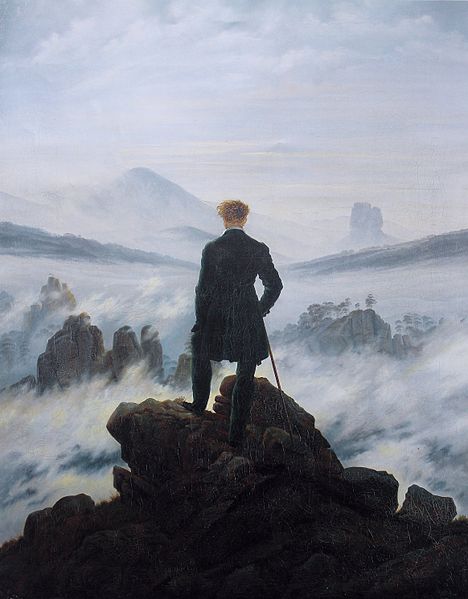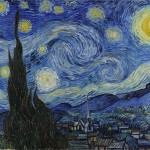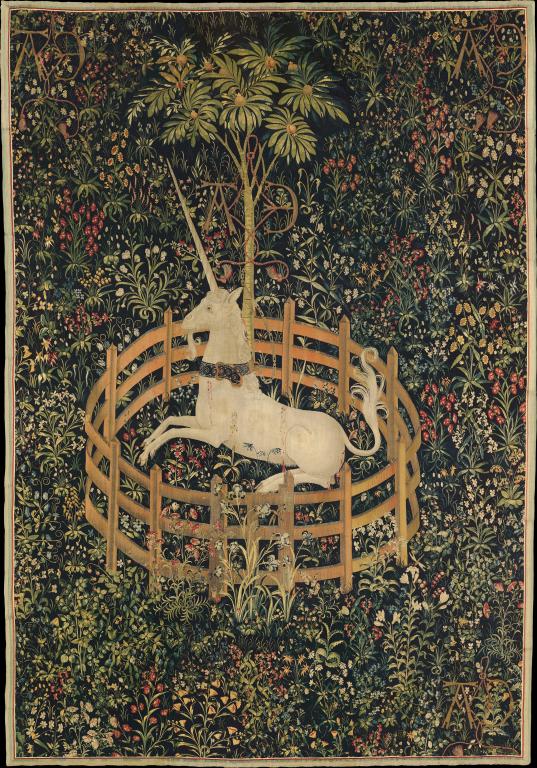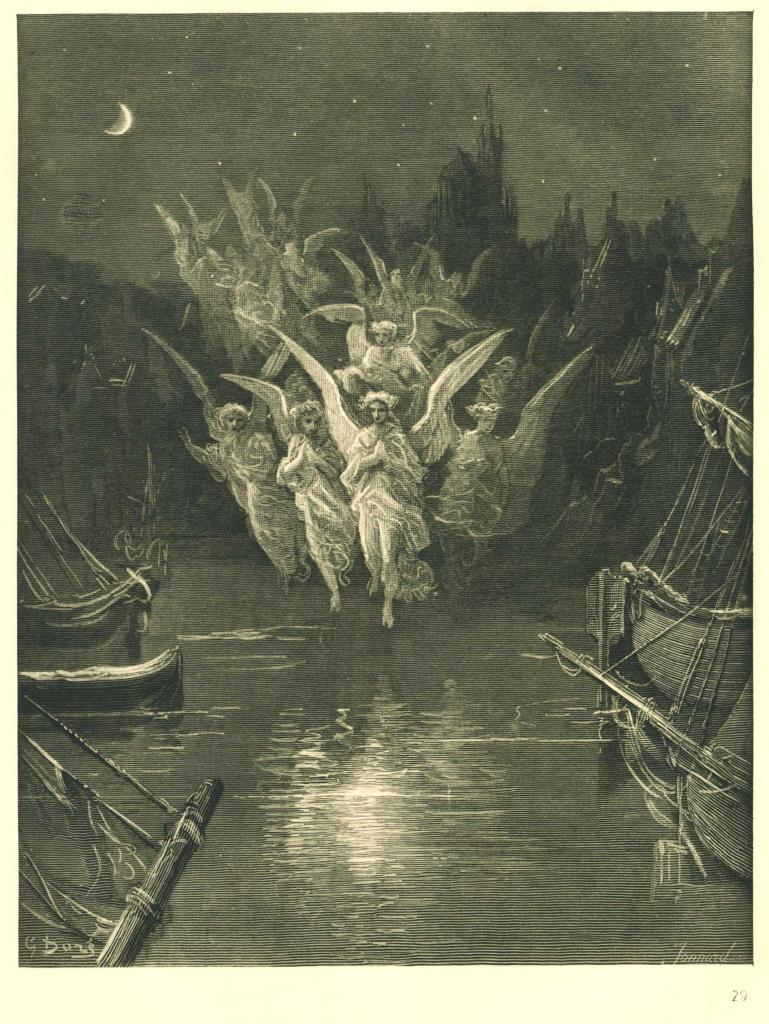Ordinary Time
26 September 2019
The Edge of Elfland
Concord, NH
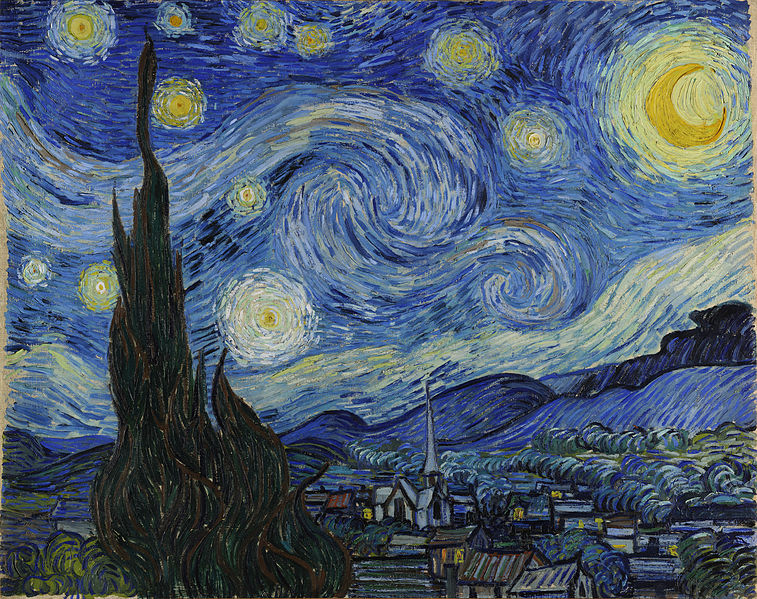
Vincent van Gogh (1853–1890)
Title The Starry Night
Date 1889
Source Wikimedia Commons, Public Domain
Dearest Readers,
As most of you know, I was recently at the Catholic Imagination Conference at Loyola Chicago. I had intended to write a review, further to the day 1 letter I wrote last Friday. But instead I want to write about writing itself. The conference––for whatever its faults were, and there were many excellent aspects as well––certainly did one thing for this writer, it helped reinvigorate my desire to write. I wanted to think through how I could spend more time writing during my already busy days. And I began to make plans, to draft schedules. But then depression hit again.
That small voice, sometimes not so small, at the back of my head telling me that I’m not good enough, that I’m too white, too male, too inexperienced, that I haven’t gone about this the right way. I mean how could I hope to write poetry? I didn’t study English in college. I haven’t done an MFA. And even in those times when I feel like maybe I can do this, I will slip into comparing myself to my favorite writers, hoping maybe to be like them, to be them. And again the reality (or perception of reality) steps back in and I spiral downward. Sometimes, this darkness leads to new works of art. Sometimes, to help give voice to my concerns and anxieties, I will write a poem. One of them even got published last year. And this made me think, must art and darkness go together? Must the artist be tortured to create good art?
Blessedly, I think not. Coleridge knew this, I believe. Early in his life he was prescribed opium to manage his pain and this became a lifelong struggle. He would win in the end, even though it would take his life. But it is easy, I think, to look at Coleridge and see the depression, the pain, and the opium as essential to his creative process. After all, he had conceived of and written “Kubla Khan” under its influences. But Coleridge knew better. Later in life he came to call opium poison and was always grateful when he had no need of it. He knew that rather than making his art possible, his addiction was keeping him from it.
This is how I feel about my depression. Yes, under its sway I sometimes create good works of art. But ultimately I believe it holds me back. It keeps me from truly growing as a writer, a poet, and a scholar, whatever order those words come in. And this says nothing about the effects it has on my family. Coleridge knew this as well. He practically abandoned his wife and children, first for creative genius, and then for his addiction. And while it Coleridge did choose to take opium and I did not choose depression, we must remember that he was prescribed a “safe” drug to help him manage his pain. Similarly, those with depression are often seen as people who just feel “a bit down” or perhaps they should just try being happy. This is like telling an addict, “Just stop taking the drugs.” It fails to recognize that the will’s power in this arena has been diminished.
But perhaps the biggest lie we so often believe is that this is just how writers and artists are. They have to be depressed and addicted. For only from great pain or great suffering does great art arise. This does not need to be the case. That it often is may say something about many who have turned to the arts for solace, but it does not make it a prerequisite. It does not mean that you need to keep your addiction or not seek help for your depression. Do so, in whatever way works best for you, and I believe your art will get better. I believe that joy, real, true joy can lead to even greater works of art, even ones that recognize and give voice to the darkness inside us, than addiction or depression ever can.
I don’t know if any of you needed to read this. Perhaps, as that small voice whispers to me, I am the only one who feels this way. But I don’t believe it. I believe that joy is and will be triumphant. I believe that after the darkest night, the sun will rise again in the east. And even if I cannot always see him through the clouds, I still see by him. The clouds cannot keep his light out totally. They cannot keep it out forever.
Sincerely,
David Russell Mosley


